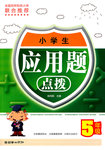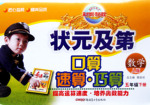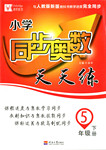题目内容
It was a difficult job for him. He had tried everything but it made little .
A. use B. good
C. difference D. result
练习册系列答案
 精英口算卡系列答案
精英口算卡系列答案 应用题点拨系列答案
应用题点拨系列答案 状元及第系列答案
状元及第系列答案 同步奥数系列答案
同步奥数系列答案
相关题目
题目内容
It was a difficult job for him. He had tried everything but it made little .
A. use B. good
C. difference D. result
 精英口算卡系列答案
精英口算卡系列答案 应用题点拨系列答案
应用题点拨系列答案 状元及第系列答案
状元及第系列答案 同步奥数系列答案
同步奥数系列答案